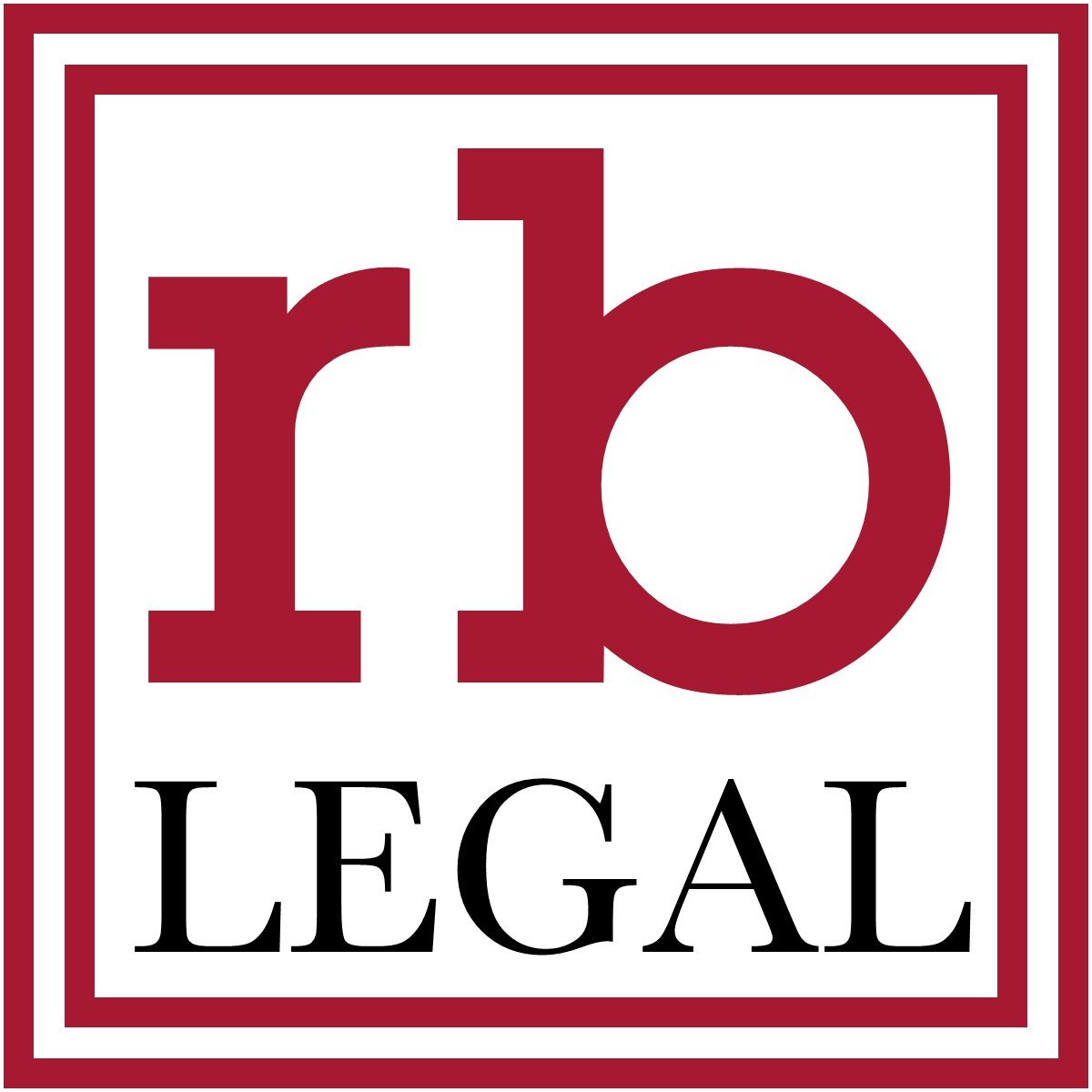When a loved one passes away with debt, their estate is supposed to settle any outstanding financial obligations. Part of the probate process involves consolidating assets and paying off the deceased creditors before distributing the estate to the heirs.
Usually, creditors must submit claims to the probate court within a specific time frame after notice of probate is issued. In Minnesota, the time allowed is four months, although there are some exceptions where creditors can have more time to claim from the estate.
As the gatekeeper of the estate, the executor is supposed to repay valid debts using the estate’s assets.
When the debts are more than the estate’s assets
In some cases, the decedent’s debts may be more than the estate’s assets, making repayment of debts impossible. In such instances, the estate is declared insolvent, and the heirs will not get anything.
Fortunately, the decedent’s debts do not pass over to their beneficiaries or loved ones unless such debt is cosigned or there is joint ownership of a property or business that’s included in the estate.
The rules of bankruptcy apply when an estate is declared insolvent. Debts are paid according to their order of priority as defined by state laws. Some (or most) creditors may not recover their losses, depending on the size of the estate.
When an executor may be personally liable
The executor of an estate is in charge of making sure that valid debts are paid out of the estate before anything else is distributed. If the executor fails to uphold that duty, they could be liable for those debts.
Probate can get complex, especially in cases where the estate’s debts exceed its assets. It is advisable to protect yourself by learning more about the law and seeking assistance when needed.



